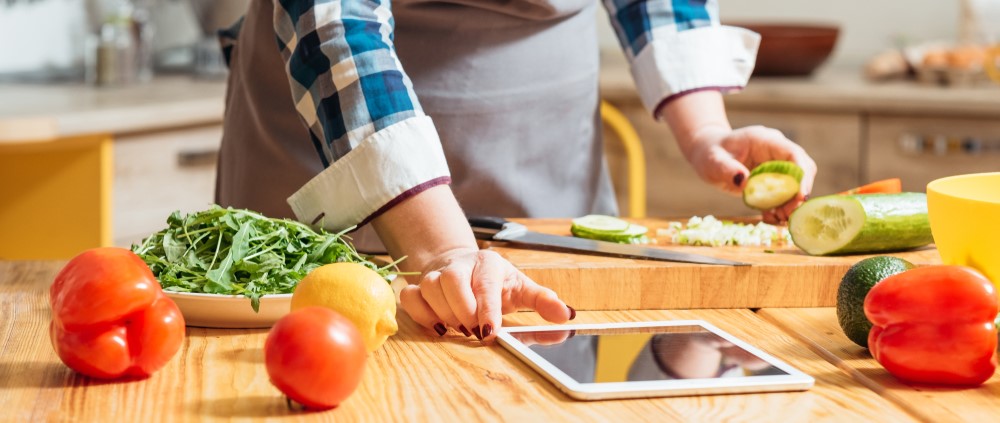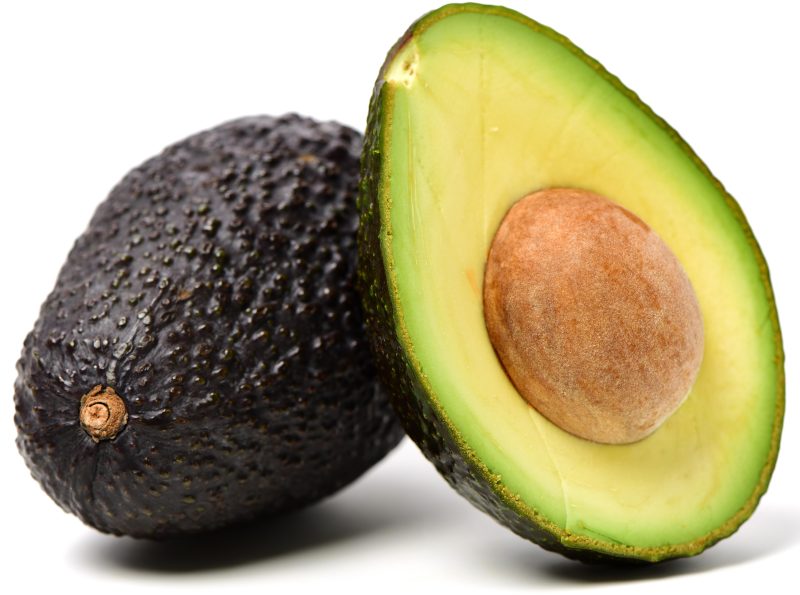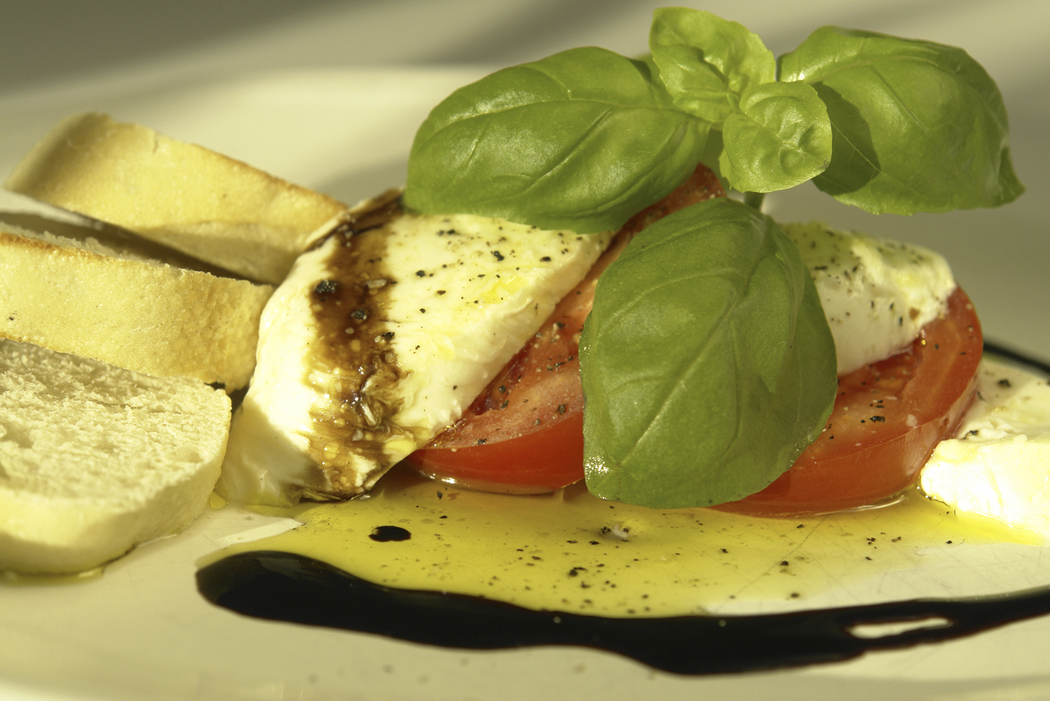
Inflammation is our bodies’ reaction to toxins, infections, and bacteria. The foods you eat either contribute to or minimize your inflammation response. It’s important to keep chronic inflammation at bay. It can cause serious health problems as we age. According to Harvard Medical School, diseases such as cancer, heart disease, diabetes, arthritis, depression, and Alzheimer’s have been linked to chronic inflammation.
You are what you eat
Simply adding a few specific foods to your diet can reverse your body’s inflammation response. This will also improve your quality of life overall. The benefit of a healthier diet also improves your physical and emotional health.
Nutrition Care Manager Sheila Berry at Wesley Des Moines explains that eating more of certain foods will give you important health benefits. “Following a Mediterranean diet that focuses on fruits, vegetables, healthy oils, nuts, seeds, and lean proteins calms inflammation,” Sheila explains. “And you don’t need to eat a large quantity to get the full benefits of anti-inflammatory foods.”
Eating more healthy choices and controlling quantities will go a long way toward helping you feel better. Sheila suggests “a standard portion size of a half-cup for five to seven fruits and vegetables each day.” For leafy greens, she suggests a full cup.
Eat these foods for their anti-inflammation properties
It’s easy to fall into a snacking habit, and oftentimes, these foods are the worst for us. Sheila suggests that instead of chips or candy, opt for foods high in antioxidants, minerals, vitamins, and fiber.
Berries have it all. Strawberries, blueberries, raspberries, and blackberries are all great for overall health. Berries contain an antioxidant called anthocyanin that has anti-inflammatory effects to reduce disease risk.
Nuts and specifically almonds and walnuts are high in omega-3 and healthy oils.
Sheila’s Food Tip: Pair berries with a serving of nuts for a sweet and crunchy snack.
Avocados have become a new favorite with younger generations who seem to gobble up avocado toast like it’s going out of style. And for good reason. Avocados are packed with nutrients like potassium, magnesium and fiber. They also contain carotenoids and tocopherols, which are linked to a reduced cancer risk and heart disease.
Sheila’s Food Tip: Although avocados and nuts are filled with anti-inflammatory benefits, they are also filled with calories. Be mindful of how much you eat if you are watching your weight.
For the chocoholics among us, dark chocolate—with at least 70% cocoa—is packed with antioxidants that reduce inflammation. Studies have found that cocoa reduces blood pressure and insulin levels. Dark chocolate also improves oxidation processes and lipid metabolism.
Sheila’s Food Tip: One ounce of dark chocolate a day is enough to keep inflammation away.
Grapes and cherries contain antioxidant compounds that fight against inflammation. Both grapes and cherries have anthocyanins which decrease inflammation. Grapes also contain resveratrol that has been shown to decrease the risk of heart disease, diabetes, obesity, arthritis, Alzheimer’s, and eye disorders. Specifically, tart cherry juice has been found to have a host of health-promoting properties.
Tomatoes are another nutritional powerhouse. They are high in Vitamin C, potassium and lycopene, an antioxidant with anti-inflammatory effects.
Sheila’s Food Tip: Create a caprese salad of tomatoes, basil, and mozzarella drizzled with heart-healthy olive oil. Eat it on whole grain crackers. Or turn your tomatoes into fresh pico de gallo and pair with whole grain chips for a flavorful, healthy snack.
Sheila explains that small, dietary changes can help you get the benefits of anti-inflammatory foods. “Even if you have one meal a day that incorporates anti-inflammatory foods, that’s going to make a difference,” she says. “You don’t have to give up other foods you love forever. Any food that you like to eat can be part of a balanced diet. You’ll still get benefits from foods you do eat, regardless.”


